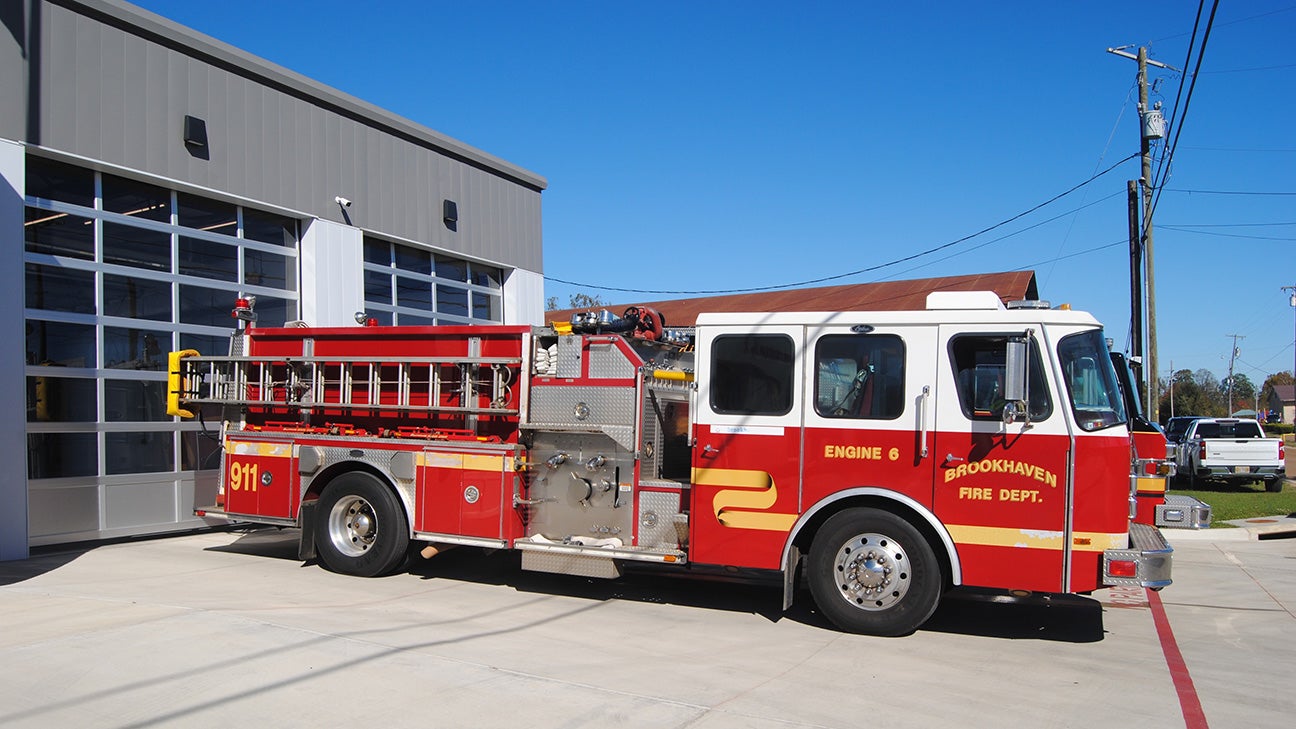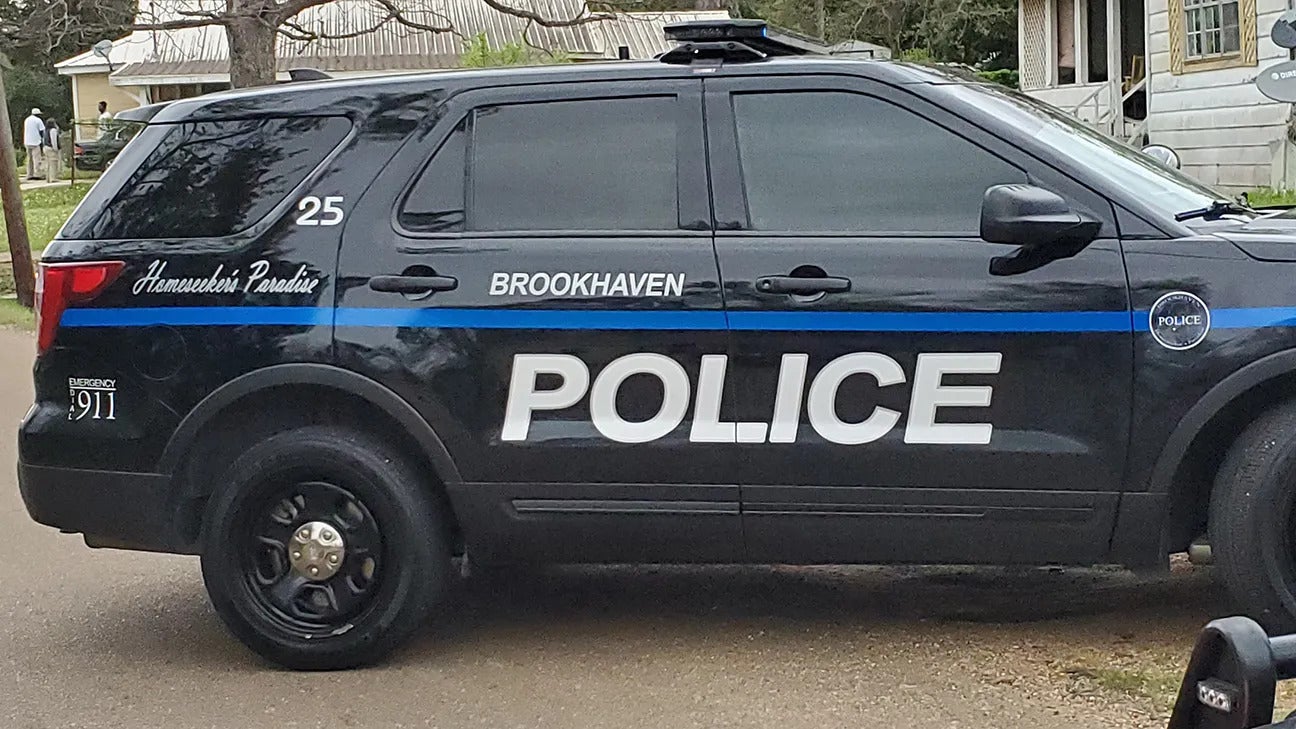‘Common sense goes a long way’ — practicing fire safety during holidays
Published 4:00 pm Friday, December 4, 2020

- Photo by Brett Campbell / Brookhaven Fire Department
With the arrival of the holidays, remembering to practice fire safety will be important.
Brookhaven Fire Department Chief Tony Weeks has seen a number of fire safety mishaps throughout his time as a fireman. Many would expect the holidays to be a busy time for his department, but it hasn’t been.
“It’s been kind of slow, we’ve had more motor vehicle accidents lately than anything else,” Weeks said. “You would think we would have more calls, but we haven’t.”
Weeks said the holiday season has been uneventful so far for him and his teams. For them, that’s a good thing.
“We haven’t had any house fires due to heating problems lately,” Weeks said.
When asked about practicing fire safety during the holidays, Weeks had a lot to say. One positive note is that Weeks had not seen anyone’s Christmas tree catch fire in quite some time, which can happen with a natural tree drying out indoors.
“That particular thing hasn’t happened in a long time,” Weeks said. “We haven’t had one in the last few years, or any other Christmas tree problems.”
Another safety issue is individuals cleaning out their chimneys and fireplaces during the holidays. Weeks had advice for that too.
“Have your chimney cleaned,” Weeks said. “If you’re burning wood, be careful cleaning your fire place, watch for live coals. Common sense goes a long way.”
If your family is frying a turkey for the holidays, an accident can occur any time, including a grease fire. Take precautions before the cooking starts.
“Make sure the turkey is thawed out and don’t put too much oil in the cooker,” Weeks said. “You’ve got to watch what you’re doing with that, you can have a pretty bad accident.”
If the central heating in your house smells burnt, there may be a reason for that, and it may be a good enough reason to call the fire department.
“When it gets cool, people turn on their heating units,” Weeks said. “The heating element can collect dust but that usually is just a false alarm.”
Weeks and his teams see a lot of false alarm calls because of this, but they respond anyway.
“We do get a good number of those calls, when 99% of the time there’s nothing to it,” Weeks said. “But we always answer because we never know what could happen.”




